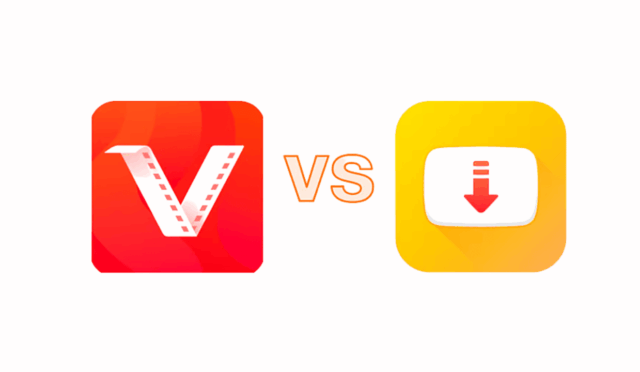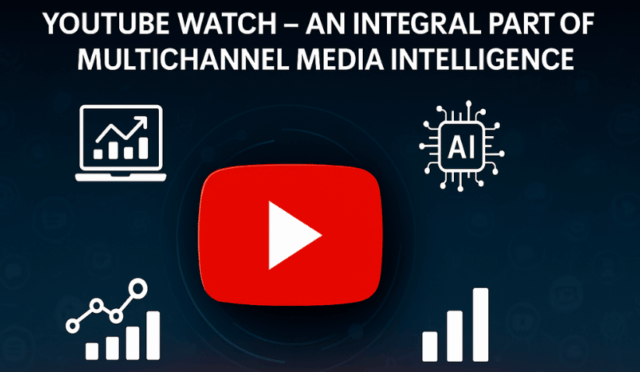Organic marketing pulls traffic and new users to the website naturally without the help of paid strategies. It brings awareness and engagement and nurtures leads using organic techniques.
There is no better thing than targeting customers organically. Imagine this: your brand pops up in the eyes of your target customers without conducting any ad campaign or paid strategy. Well, that’s what organic marketing strategies do. They become a helping friend of small and mid-size businesses by enabling them to market their digital presence on all major marketing channels.
Inbound marketing strategies revolve around core organic marketing principles, as its presence covers SEO, email marketing, organic social media, and content marketing. Brands can steadily improve their online presence with strategies that provide a complete package for brand awareness, lead generation, and conversions.
How Does Organic Marketing Work?
Organic marketing is anything that doesn’t use paid ads and relies on any paid or sponsored marketing strategies.
It works on building a brand’s presence organically with the help of organic Search Engine Optimization (SEO), content marketing and email marketing campaigns. Its work is not limited to bringing initial brand awareness. Instead, it covers all the stages of the marketing funnel. It brings website traffic, turns them into leads and nurtures them by converting them into sales or marketing-qualified leads.
It creates different content materials for every buyer’s journey. It creates blogs, articles and social posts for the awareness stage. It covers whitepapers, ebooks and user-generated content for the consideration stage and in the end converts customers by creating case studies and webinars.
Organic Marketing Vs. Paid Marketing
Some of the differences between organic marketing and paid marketing are as follows:
- Organic marketing follows a steady approach to bringing an audience over time. In contrast, paid marketing uses a quick approach to target prospects directly, nurture them, and convert them into marketing-qualified leads.
- Organic marketing operates on creating evergreen content that is optimized for search engines and distributed on all the proper marketing channels to promote them better. On the other hand, paid marketing uses paid promotion tactics such as search engines or social ads.
- The types of organic marketing are content marketing, social media marketing, SEO and email marketing. In contrast, paid marketing involves social advertising and Pay-Per-Click (PPC) marketing.
Top 6 Organic Marketing Channels
Online Communities and Forums
Brands use social communities and online forums to get the public view of the audience. These places give them valuable insights into understanding people’s pain points, views, and needs.
These places also play a crucial role in promoting the website’s blogs and product pages. Brands improve their brand visibility and bring organic traffic to their website.
With the range of online communities and forums, brands can join communities based on their industry needs and niche demands.
Content Marketing
Content marketing works on creating valuable content that brings website traffic and creates consistent content to engage website traffic and nurture them into leads. It aims to create an authentic voice for brands that users trust and always look out for their presence in search of industry updates or news.
Search Engine Optimization (SEO)
SEO is the type of organic search engine marketing that boosts brand presence on all the desired search engines. It involves three pillars: on-page SEO, off-page SEO, and technical SEO. It involves content creation and optimization, keyword research, website audits, and securing backlinks.
Email Marketing
Email marketing is subpar social media marketing for one-to-one communication between customers and brands. With email marketing, brands can communicate with new customers while also solidifying relations with existing customers.
Email marketing, including different campaigns like drip and cold emails, helps businesses find new customers. At the same time, it also allows users to explore opportunities in upgrading relations with existing customers.
Content Partnerships
This is a form of organic marketing in which two or more brands collaborate through common marketing campaigns. These partnerships allow brands to take advantage of each other’s audiences and resources by tapping into new customer bases and multiplying their online reach and visibility.
Social Media Marketing
Many brands are utilizing social media presence to improve their lead generation and B2B branding goals. Social networks are not limited to creating engagement and maintaining healthy conversations with followers. Their presence has allowed marketers to improve their website traffic and turn brand engagement into conversions.
Bottom Line
Organic marketing is helping brands improve their digital presence with unpaid strategies that have a long-term impact on their digital growth. With organic marketing, brands are not only limited to creating initial brand awareness but also getting access to turning website traffic into leads and customers.






